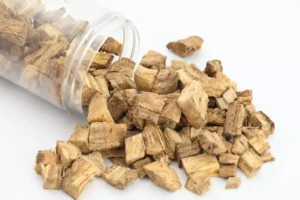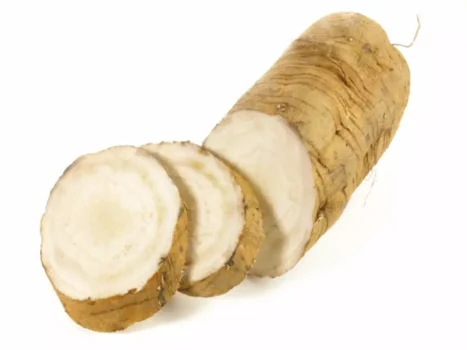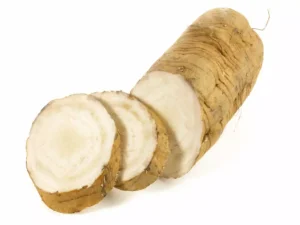- You have no items in your shopping cart
- Subtotal: ৳ 0

Whether Howard Hughes was addicted to opiates remains a matter of contention. However, he did take a lot of opiates throughout his life, perhaps to quell his mind initially. However, numerous crashes in experimental aircraft took their toll on his health, and he started injecting opiates into the muscle.
- After battling addiction for most of his life, Downey finally got sober in 2003 and has since turnedhis life around.
- Addiction impacted her own family and influenced her compassionate and empathetic relationship with clients.
- Jen Hirst, founder of Lighthouse Sobriety, celebrates 10 years of sobriety and shares her incredible recovery story.
- Remember that each person’s journey is unique, and finding the right support system may take time, but it is worth the effort.
- The 40% to 60% relapse rate for addiction is lower than relapse rates for other chronic diseases like hypertension and asthma at 50% to 70%.
- He’s also been open about his struggles with addiction, which began in the 1970s.
How do behavioral therapies treat drug addiction?
Get ready to be inspired by the transformative impact of these narratives on the path to recovery. He struggled with substance abuse for years until a life-altering event made him realize he had hit rock bottom. With the support of a rehabilitation program, John embarked on a spiritual and emotional journey of self-discovery. Through therapy, counseling, and the guidance of peers, he was able to heal from his addiction and rebuild his life. Drug addiction recovery stories serve as a source of hope and inspiration for those who are struggling with addiction.
Sleeping Pill Addiction: Risks & Withdrawal

Prior to Buckeye she held titles of Recovery Coach, Operations Director, and Admissions Director. Kelsey was brought on at Buckeye Recovery as the Director of Business Development. She has a passion for ensuring every individual gets the help that they need, and does so by developing relationships with other providers.
- These statistics continue to guide prevention, treatment, and recovery initiatives.
- Jessica graduated from the University of South Florida (USF) with an English degree and combines her writing expertise and passion for helping others to deliver reliable information to those impacted by addiction.
- My unaddressed fears and pain, along with anticipatory grief and anger, began accumulating.
- If she weren’t so damn good at her job, she says she would probably be an electrical engineer.
- One of the best ways to determine whether or not drug rehab works is to look at the facts.
Jane Lynch – Alcohol, OTC Drugs

Today the world’s most popular wizard (sorry Gandalf) is a new man after finally seeking help. The drive to drink is still there, but now he funnels that same energy into exercise. And judging by Radcliffe’s successful recovery, it looks like this spell just may have worked. At Buckeye Recovery Network, we understand https://ecosoberhouse.com/ that addiction can impact anyone, regardless of their background or success. The stories of business icons who overcame addiction prove that recovery is not only possible but can lead to a brighter, more fulfilling future. If you or someone you know is struggling with addiction, now is the time to take action.


By sharing personal experiences, addiction recovery stories help successful drug addicts humanize addiction and shift the focus from judgment to empathy. They showcase the courage and strength of individuals who have faced the challenges of addiction and emerged victorious. Through their stories, they demonstrate that recovery is possible and that individuals should not be defined by their addiction.
However, other facilities inappropriately attribute failure to the person. In short, “completing” a program is good, but remaining in treatment long enough and then transitioning to aftercare truly cements progress. Completion rates are an important metric because they correlate strongly with better long-term sobriety. While there’s no simple, clear-cut answer, let’s take a look at the factors that impact success, how it’s measured, and what the research has to say. These numbers might seem disheartening, but remember – they don’t tell the whole story. Many people who don’t achieve complete abstinence still make significant improvements in their lives.
- In unraveling the complexities of rehab success rates, it becomes evident that success is not a static destination but a dynamic process marked by resilience, growth, and perseverance.
- “I still dream, twice a week at least, that I’ve taken cocaine and I have it up my nose… And it’s very vivid and it’s very upsetting, but at least it’s a wake-up call.
- On the other hand, having a solid support system, better access to treatment, and medication-assisted treatments can increase the chances of successful recovery for addicts.
- There needs not be any doubt in taking additional assistance whether it is you or someone dear to you.
- The gap between need and intervention has also appeared on the agenda of planners of alcohol interventions in Europe.
The chronic nature of addiction means that for some people relapse, or a return to drug use after an attempt to stop, can be part of the process, but newer treatments are designed to help with relapse prevention. Relapse rates for drug use are similar to drug addiction treatment rates for other chronic medical illnesses. If people stop following their medical treatment plan, they are likely to relapse.






